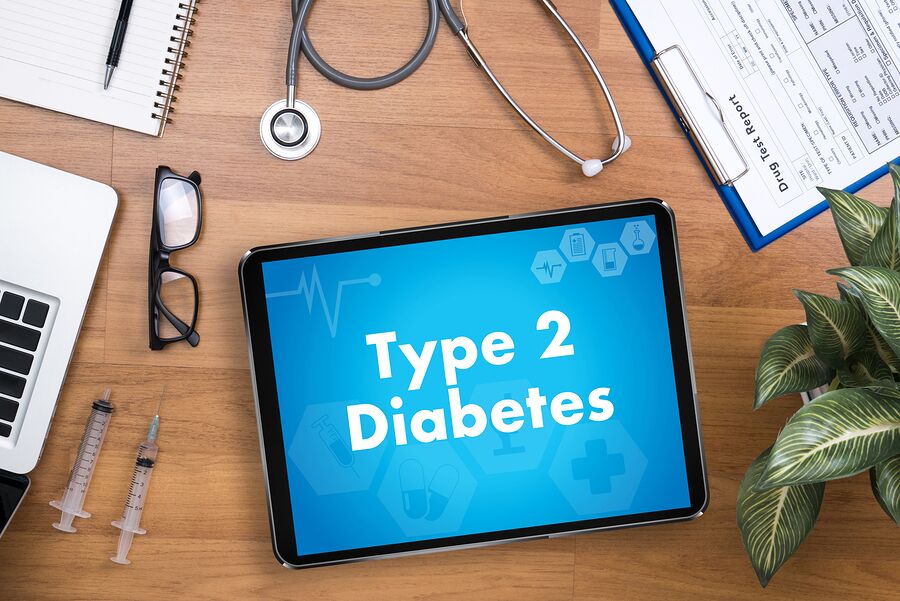How to Deal with Diabetes During Illness
Nobody enjoys having a cold or the flu. But, did you know that for seniors with diabetes, being ill can make keeping blood sugar under control harder than usual? If your aging relative has diabetes, knowing how it affects diabetes management can help you to keep blood sugar under better control.

Home Health Care in McLean VA: Diabetes With Illness Tips
How Illness Affects Blood Sugar
Illness can cause blood sugar to rise sharply, which can be serious, perhaps even resulting in a coma. Part of the reason this occurs is because, having an illness, puts the body under more stress than normal. The body handles stress by sending out certain hormones. Unfortunately, stress hormones increase the amount of sugar in the blood. On top of that, they also interfere with insulin, making it less effective for managing blood sugar.
When to Call the Doctor
It isn’t necessary to call the older adult’s doctor every time they get sick. However, there are certain circumstances that warrant a call, such as:
- Being sick or having a fever for a few days and not getting better.
- Vomiting or diarrhea that lasts longer than 6 hours.
- Ketone levels in the urine are moderate to high.
- Blood sugar is 240 or higher despite taking medications.
- Symptoms of ketoacidosis or dehydration are present.
Managing Diabetes During Illness
The best way to deal with diabetes during an illness is to have a plan in place ahead of time. If the doctor has not given the senior a plan to follow for medication changes and other things they should do when they are ill, ask for one.
The plan should include information about how to take diabetes medications as well as which medicines they can take for common illnesses. Some over-the-counter medications contain sugar and can further increase blood sugar. Find out which medicines are diabetes-friendly.
The plan should also include what the older adult should eat and how often. Eating and the timing of meals are important in diabetes management, but when the senior feels ill, they may not want to eat. The illness plan should offer suggestions on what to serve when eating is difficult.
You will also need to know how often they should check blood sugar. Because illness can raise blood sugar levels, your aging relative may need to check their levels more often.
Elder care can assist older adults to better manage diabetes during illness. An elder care provider can remind the senior to take their medications and check their blood sugar. Elder care providers can also prepare healthy foods and items that are easier for the senior to eat. And, since the older adult may not feel like doing their normal daily activities, an elder are provider can assist with more things around the house so that they can rest.
Are you or a loved-one considering hiring Home Health Care in McLean, VA? Please call the caring staff at Medical Professionals On Call today. Contact: 703-273-8818
Sources
Urmc.rochester.edu
Diabetes.org
Niddk.nih.gov
- Do Your Parents Face More Challenges When They Live in a Rural Community? - November 6, 2019
- Ways to Ease Arthritis Symptoms in the Elderly - October 24, 2019
- Tips for a Better Life with Fibromyalgia - October 9, 2019
